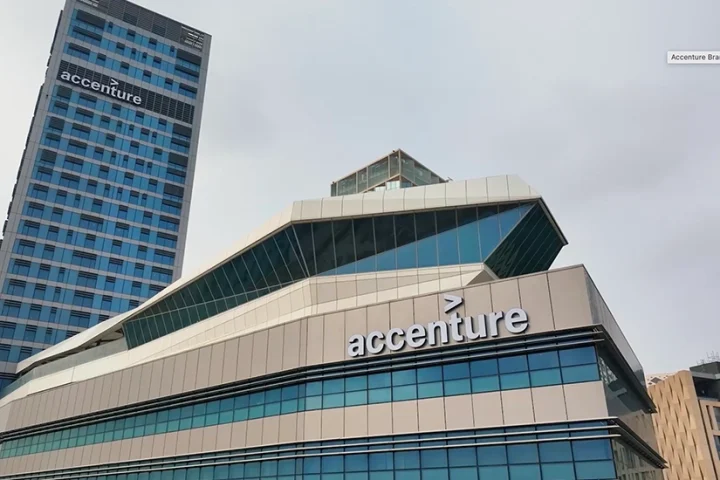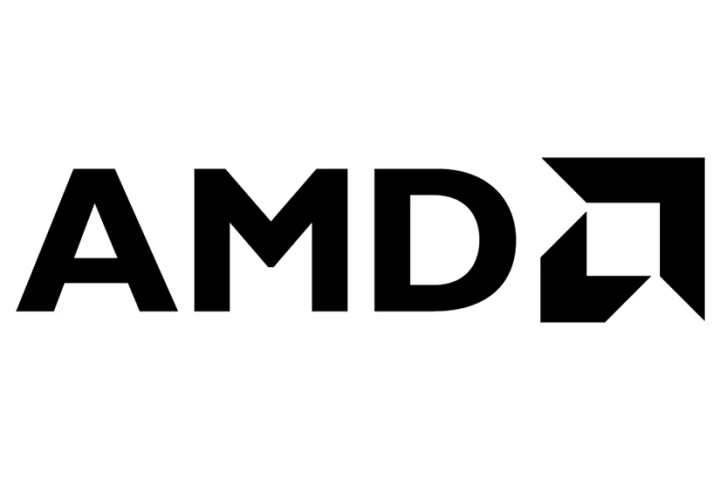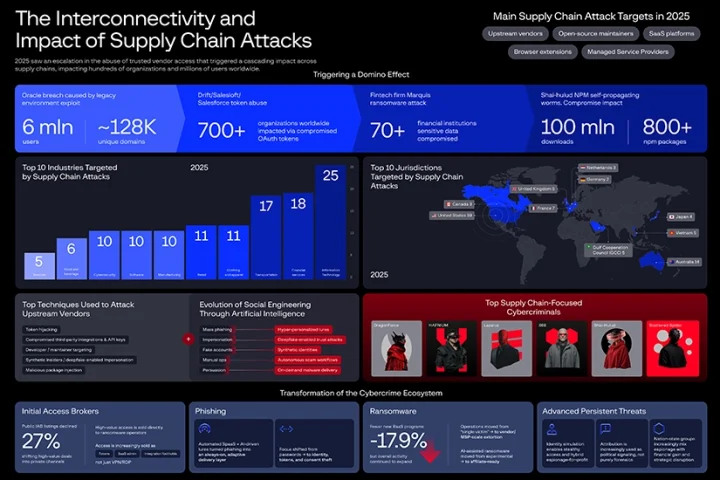Over the next decade, Industry 4.0 will emerge to meet demand for tailor made products at affordable prices – from mobile phones to cars and from household goods to sheet metal fabrication. At the same time it will give manufacturers access to highly flexible mass production processes that can be rapidly adapted to market changes.
New connections between machines, production processes and systems
The Industry 4.0 compatible ERP system will fully integrate with manufacturing execution systems. As a result, it will be possible to track and document the transformation of raw materials through to finished goods. Below are five questions, which I think every manufacturer should be asking about their ERP system in order to get ready for Industry 4.0.
Is your ERP system flexible?
Industry 4.0 is a journey, not a one-off project. Manufacturers will therefore benefit most from ERP software that has flexible deployment options. This will allow them to adapt to new business and service opportunities, new processes, workflows, data networks and decentralised locations, all in real-time, as their business grows in the inter-connected world. Whether your ERP solution is hosted in your own data centre, in the cloud, as a managed service, on-premises, or a combination thereof, it should be possible to easily switch processes and adapt to new ways of working, to maintain business agility.
Is your MES compatible with your ERP system, and able to cope with multiple locations?
The best next generation ERP solutions are able to integrate with an MES solution effectively. This is important because it allows the MES to be linked to the ERP solution for real-time data exchange. For growing manufacturers, their MES should be able to cope with individual facilities, but also with the centralised management of multiple production sites. This will give them the freedom they need to integrate their production lines with higher-level business processes, step-by-step, according to their strategic plans, without compromising on the end result.
Is your ERP software capable of central data management?
To be ready for Industry 4.0, ERP software should meet three key criteria. Firstly, it should offer businesses a modular platform, based on a service-oriented architecture. Secondly, ERP software should allow for central master data management. And thirdly, it should offer real-time data processing, enabling all stakeholders in the business to have access to the latest and most accurate data in real-time.
Does your ERP system facilitate mobility and social collaboration?
Whilst data sharing is becoming synonymous with Industry 4.0, this will also enable a more flexible cooperation across departments, from the shop floor to the top floor. As part of this flexible communication, user-friendly access to ERP information via tablets and smartphones will become increasingly essential for manufacturers. ERP solutions that feature intuitive dashboards, and comfortably suit all screen sizes, will be key to businesses embracing the Industry 4.0 ethos of updating and sharing information in the mobile-working world. Social collaboration is becoming ever more important and next generation ERP solutions are integrating social capabilities to help external partners, suppliers and customers become part of the business process.
Are you ready to benefit from the powerful analytics and business intelligence associated with Industry 4.0?
It is clear that for manufacturers, growth in an Industry 4.0 environment will be intrinsically linked with a business’s ERP system. Those with next generation ERP solutions in place will be in a better position to meet the fast-paced and connected requirements of Industry 4.0. Certainly, the boundaries between production and management must disappear and ERP and MES systems must form an integrated unit, if businesses are to realise the growth opportunities presented by this new age of intelligent manufacturing. Taking a critical look at the existing IT environment in your business is the first step towards understanding how ready – or unprepared – you are for Industry 4.0.

















